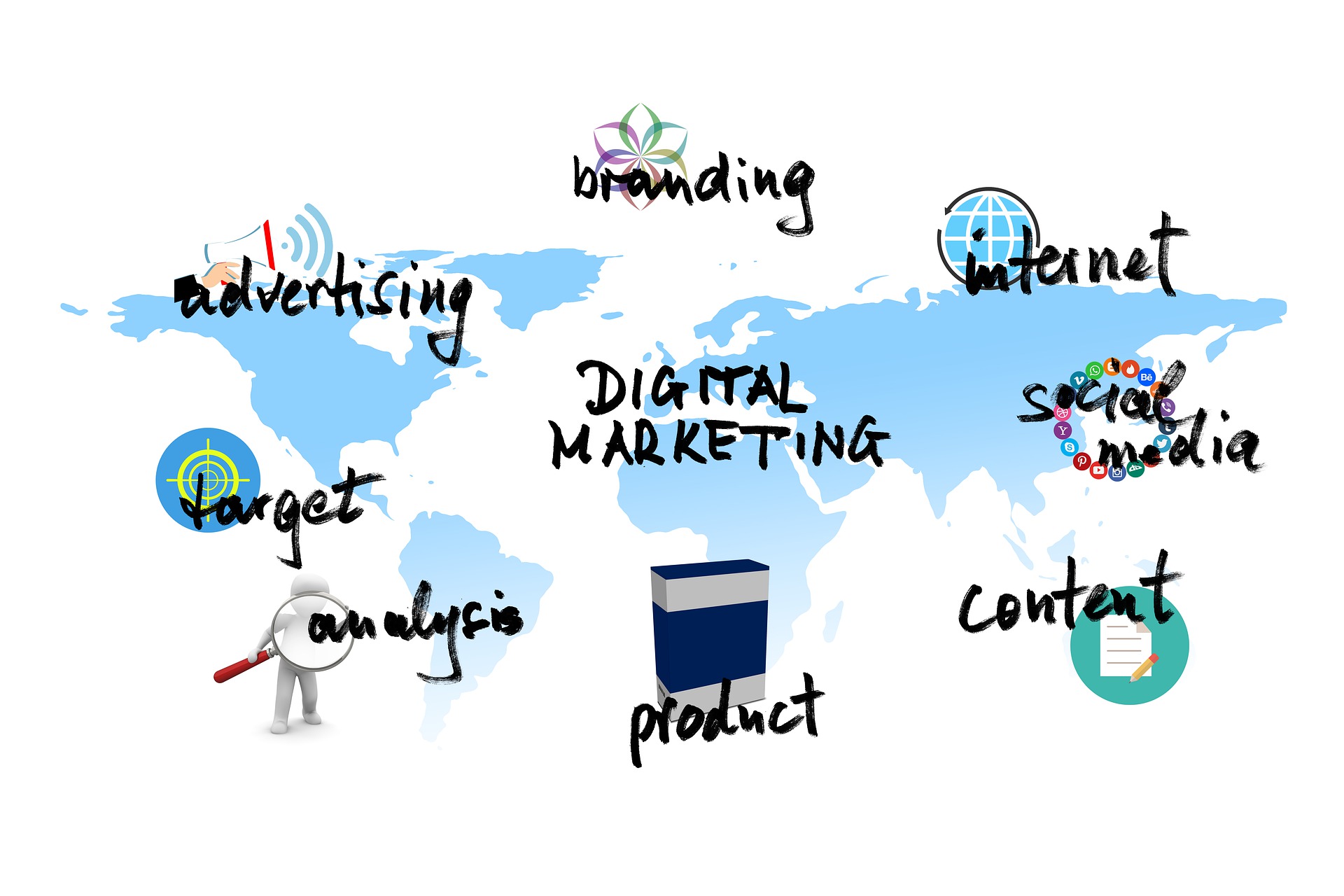First article in this series, as I’m sure I’ll learn more!
 Authors marketing themselves has taken a turn I didn’t see coming. How many of you thought that, as an author, if you were published “traditionally”, 1) you made it, and 2) they handle all your marketing and PR? I also thought this would be the case, and in the higher, higher ends of publishing this may be the case, but from what I’ve learned so far, definitely not the case.
Authors marketing themselves has taken a turn I didn’t see coming. How many of you thought that, as an author, if you were published “traditionally”, 1) you made it, and 2) they handle all your marketing and PR? I also thought this would be the case, and in the higher, higher ends of publishing this may be the case, but from what I’ve learned so far, definitely not the case.
I’ve been working with a self-published author on his book series marketing since September 2014. He needed a website, branded social media channels and a branded hashtag, timely press releases, and some print marketing materials — including copies of his book(s). In June 2014, before I started his marketing, my team and I built his website and social media pages. We built his business card, a bookmark, and a postcard for handing out during book signing events, speaking gigs, and expos/seminars. We built and maintained his author pages on Amazon, Barnes & Noble, and goodreads.
My goal from the beginning was to get him in front of a traditional publisher. True, marketing and selling his ebook was taking longer, and his editor and I arrived at the intelligent conclusion that, if we were able to land him with a publisher, his book would have a better chance of being sold to more people.
Not necessarily the case.
Through the entities my author was following on his Twitter account, around August 2015 I was notified of a publisher accepting submissions, with or without agent representation. I quickly looked up the publisher’s contact information and called, only to find out she was in a meeting and would call me back. Thinking this was pretty typical, I left my contact information and updated my author and his editor. I was surprised and very pleased when the publisher called me back same day and asked about my inquiry. One month later, my author signed a contract with this publisher.
What was inside the contract surprised me.
My author was expected to have a website, a social media presence, and author pages on both Amazon and Barnes & Noble; printed marketing could be built around the new cover design. What I and my team did as a normal course of our marketing business was now a necessity — imagine that!
The story doesn’t end here, however. The publisher’s contract also stated the expectation of him to help market his new book series on the local level. That includes appearances/speaking gigs, book signings, seminars/expos, timely press releases, and social media postings. This helps what marketing the publisher will handle on the national and international levels.
What were my lessons learned up to this point?
- Follow my marketing gut. We knew building his presence was necessary for his success, particularly in the channels we decided to use. This gave my author a “thumbs up”, basically; he appeared more prepared for the coming marketing challenge.
- Read the contract. One of the jobs of a literary agent is to act as the go-between for the author and pubisher. Once we had a copy of the contract and expectations, not only did I read through it and ask questions, so did my author’s lawyer. This completes the team cycle for my author, and he was able to sign his contract with confidence.
- Be a social media coach. My author hired my company for his marketing, both offline and online. That meant posting and engaging on social media as well. In part of my commitment to his success, I am also coaching him on a couple of the social platforms and how he can use them from his mobile device. He is now empowered to take control of some of his social media and be an active partner, helping his own cause.
- Question everything! Even though he has signed a contract with a publisher, my author is still my client. He still needs the marketing and has retained me now as his agent. This allows me to contact the publisher on his behalf and ask questions that will help us both market him more effectively.
- Communicate often. This may be a d’oh! type of statement, but you would be surprised at how many book marketers don’t communicate often with either their author or the publisher. When I schedule my author for a local appearance or expo, I tell the publisher everything. This lets her know what we are actively doing on the local level and how well it worked. I also keep two lists in Excel: one for bookstores requesting an advance copy to read (this is typical, folks) and one for local book reviewers. At the end of each month the publisher gets an updated copy of both, so again she can see and measure our efforts.
- Capture the info! We built a landing page just for the new book and included a short capture form link. When visitors click the link, they are asked to give their name and email, as well as a human verification. That’s it! Now we can build a newsletter that lets these followers know when his book is ready to purchase, as well as in-person events and advance notice of future works.
More lessons will be coming soon, and I’ll post as I learn them. If you are an author or book publisher and would like to share what you have learned, please add your comments below. Thank you!
Be strategic. Be visible. Be found.










